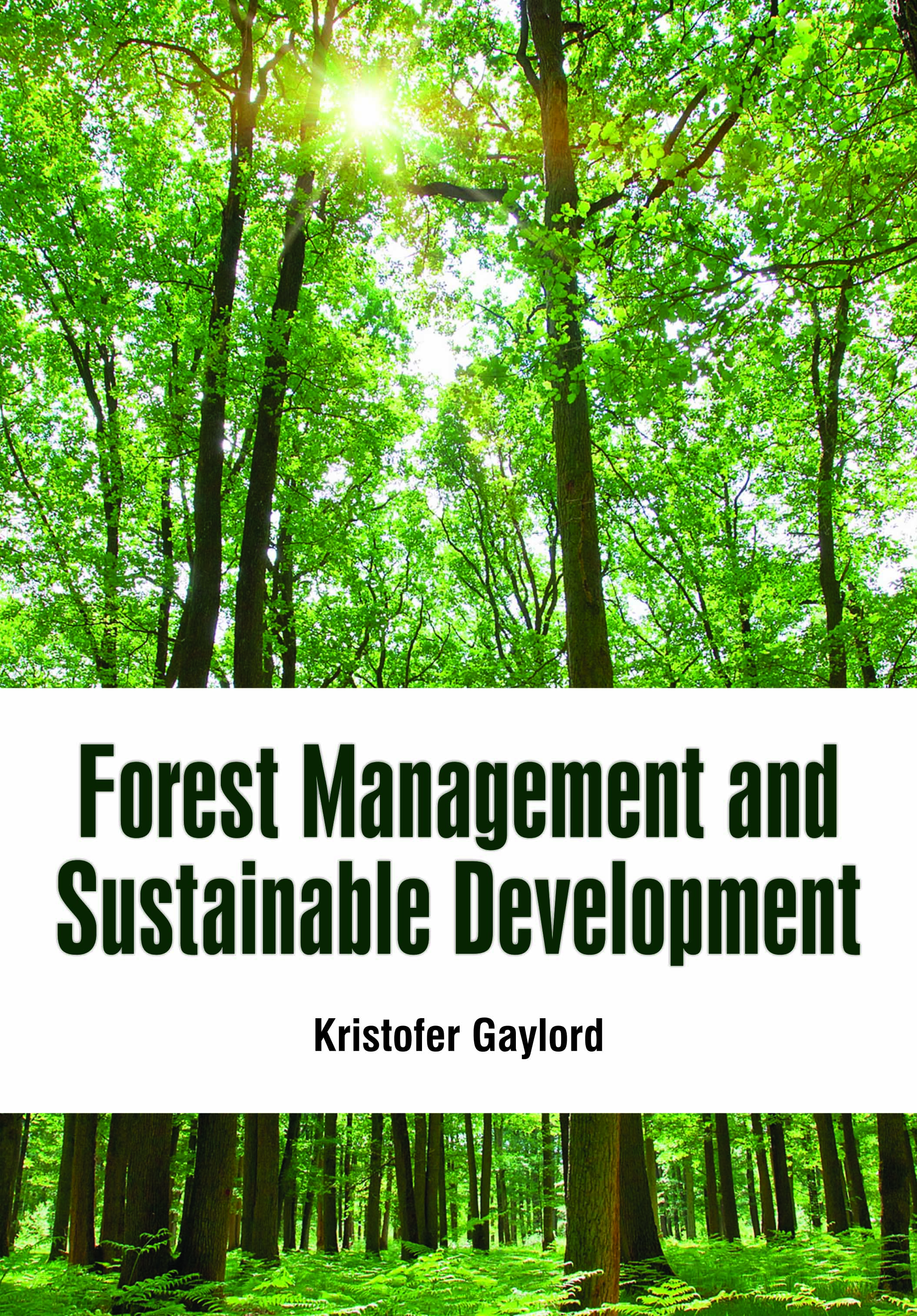
Forest Management and Sustainable Development
by Kristofer Gaylord
| ISBN | 9781799600824 |
|---|---|
| Publisher | White Press Academics |
| Copyright Year | 2020 |
| Price | $225.00 |

by Kristofer Gaylord
| ISBN | 9781799600824 |
|---|---|
| Publisher | White Press Academics |
| Copyright Year | 2020 |
| Price | $225.00 |
Forest management for sustainable development has raised several issues, both environmental and economic nature. Ancient Indian economic thinking had always championed the cause of ecological balance and judicious forest management for social welfare. Forests have a significant role in reducing the risk of natural disasters, including floods, droughts, landslides and other extreme events. At global level, forests mitigate climate change through carbon sequestration, contribute to the balance of oxygen, carbon dioxide and humidity in the air and protect watersheds, which supply 75% of freshwater worldwide. Also lacking is economic knowledge about the total value of benefits derived from forests and about ways to evaluate tradeoffs among various goods and services. Sustainable forest management, also known as sustainable forestry, is the practice of regulating forest resources to meet the needs of society and industry while preserving the forest’s health. Therefore, sustainable forest management is always looking to strike a balance between the demand for the forest’s natural resources and the vitality of the forest. The book is on country-specific and regional studies on sustainable forest management.